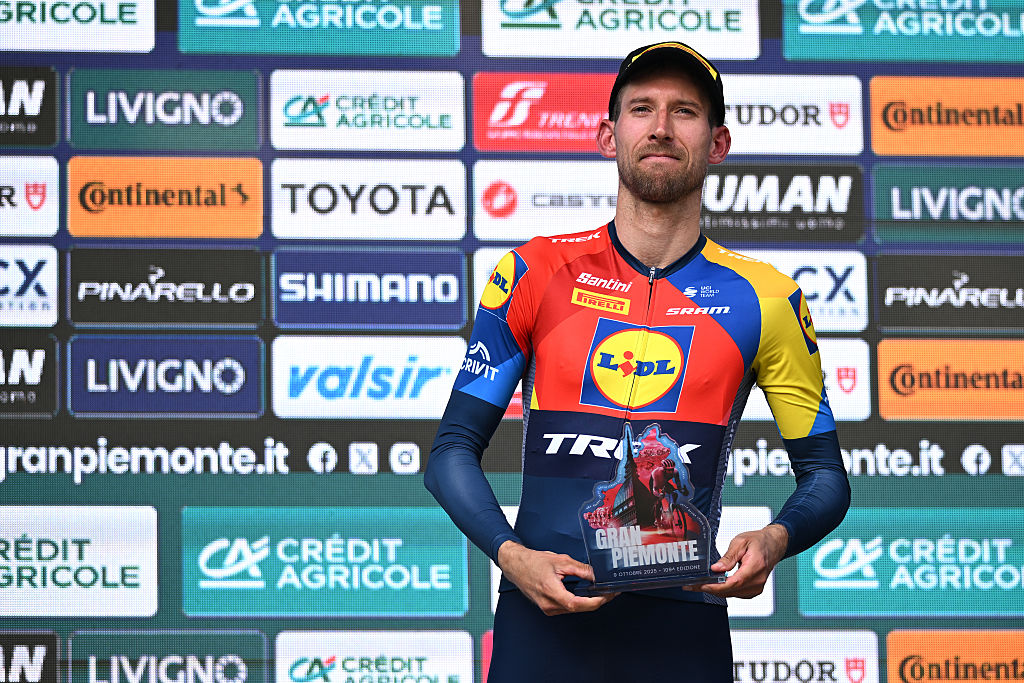Aggregation of Marginal Doubts weighs on Team Sky's legacy
'We will look at those jerseys and think: nice, but...' writes William Fotheringham
The latest race content, interviews, features, reviews and expert buying guides, direct to your inbox!
You are now subscribed
Your newsletter sign-up was successful
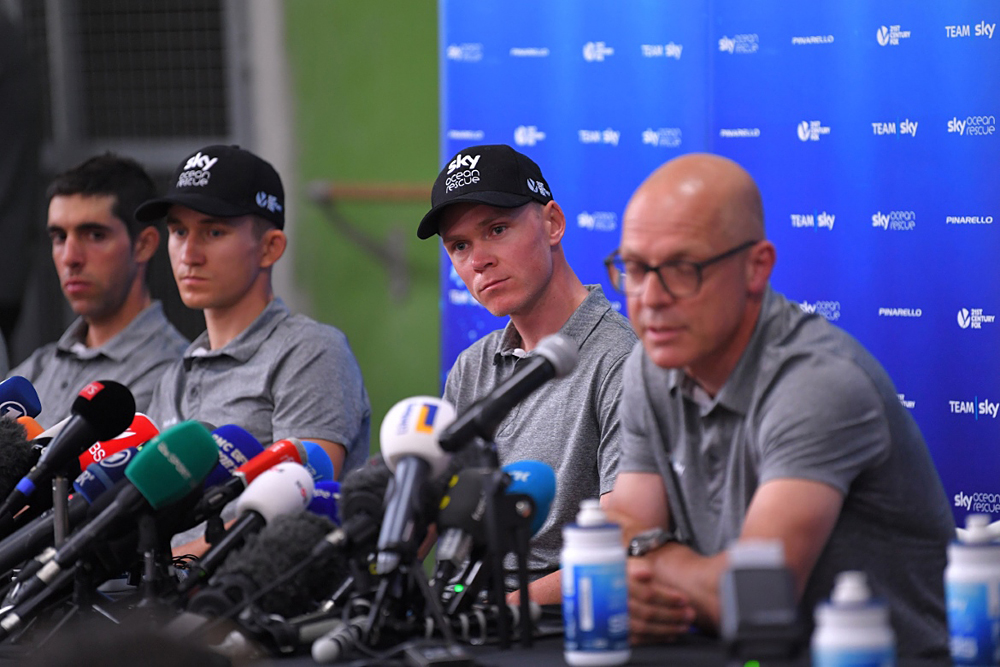
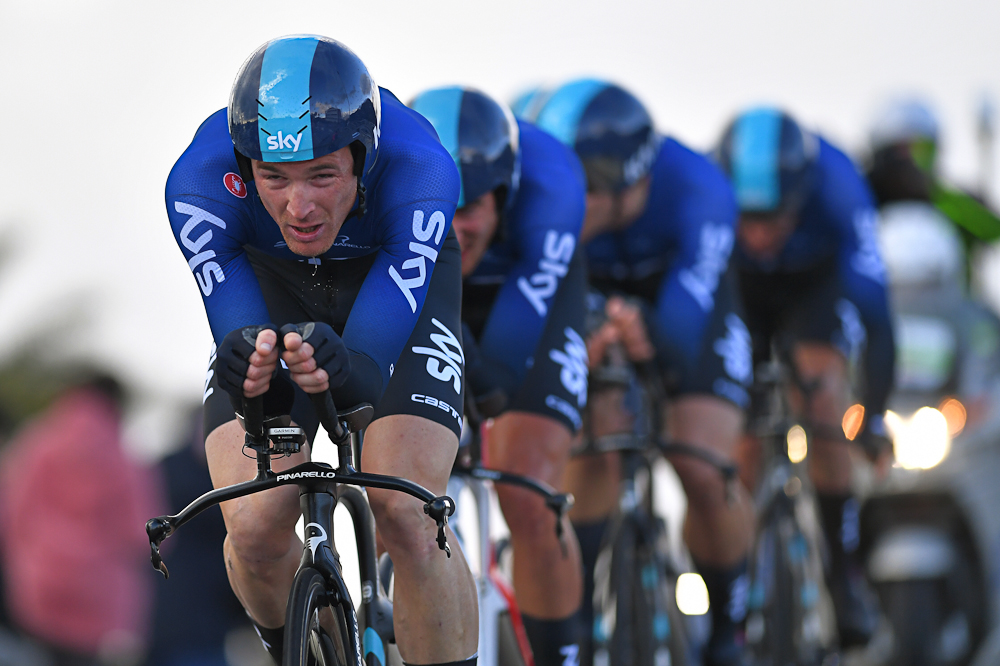
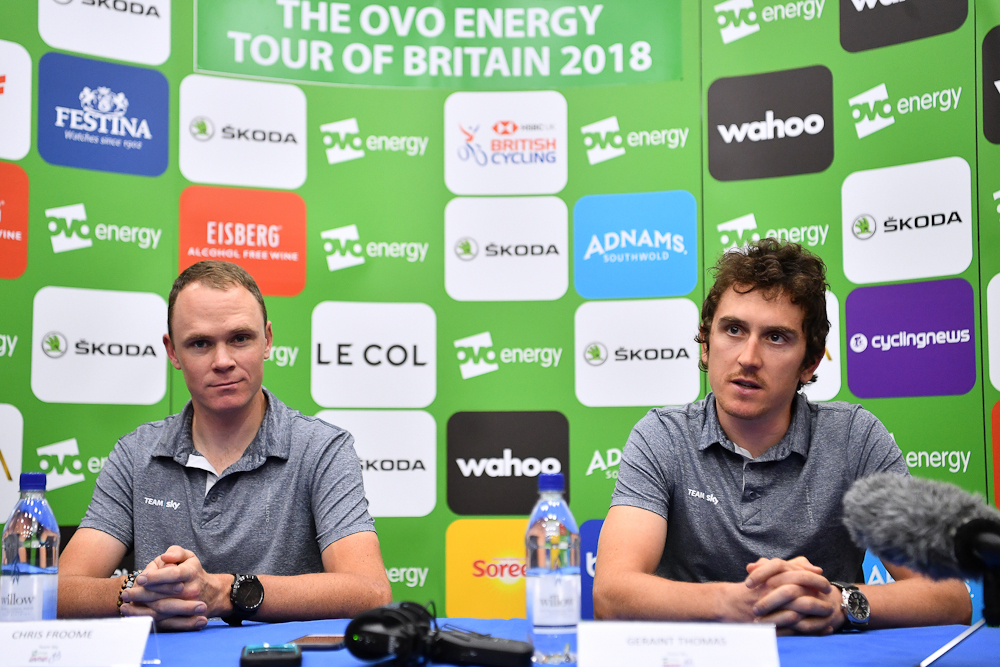
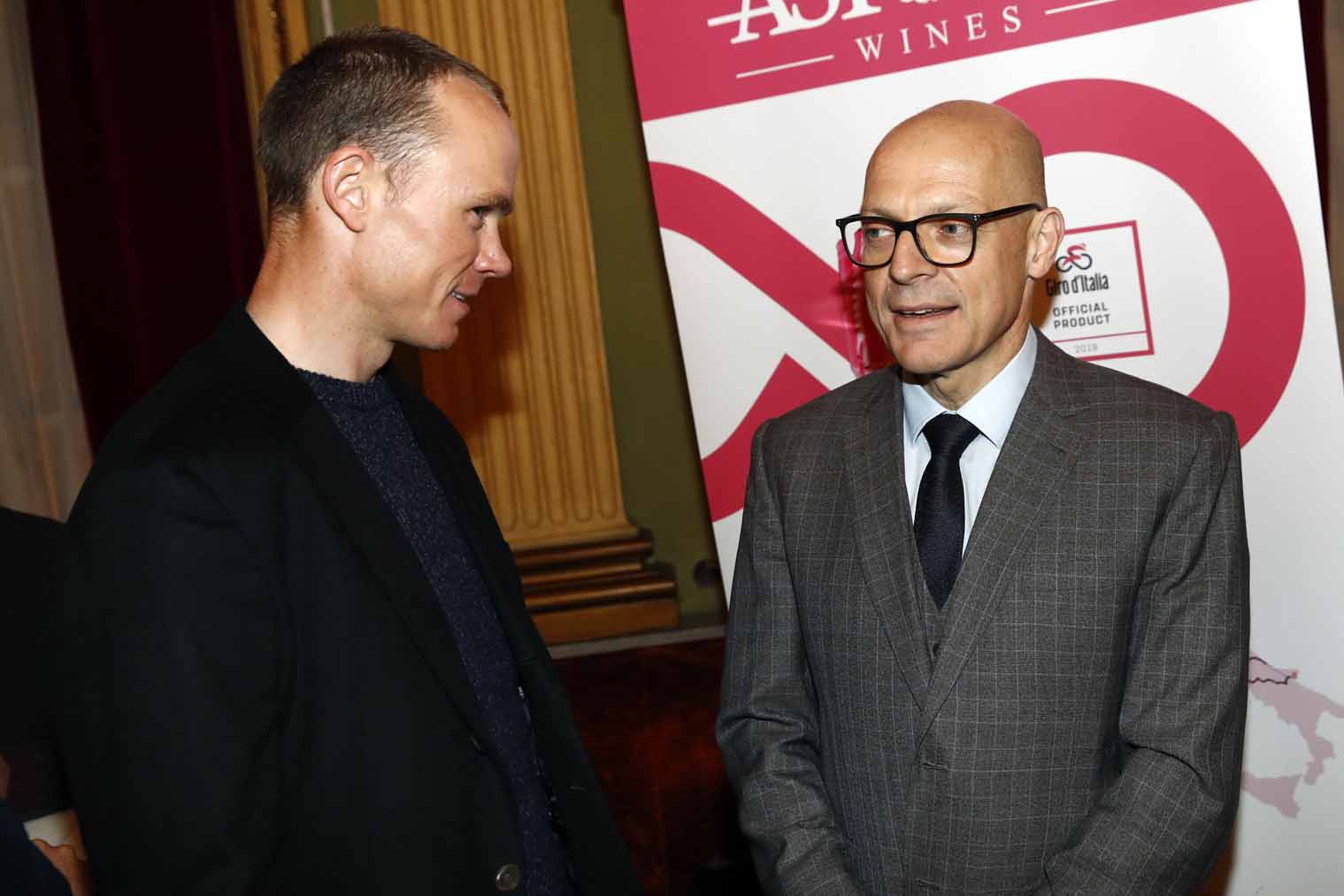
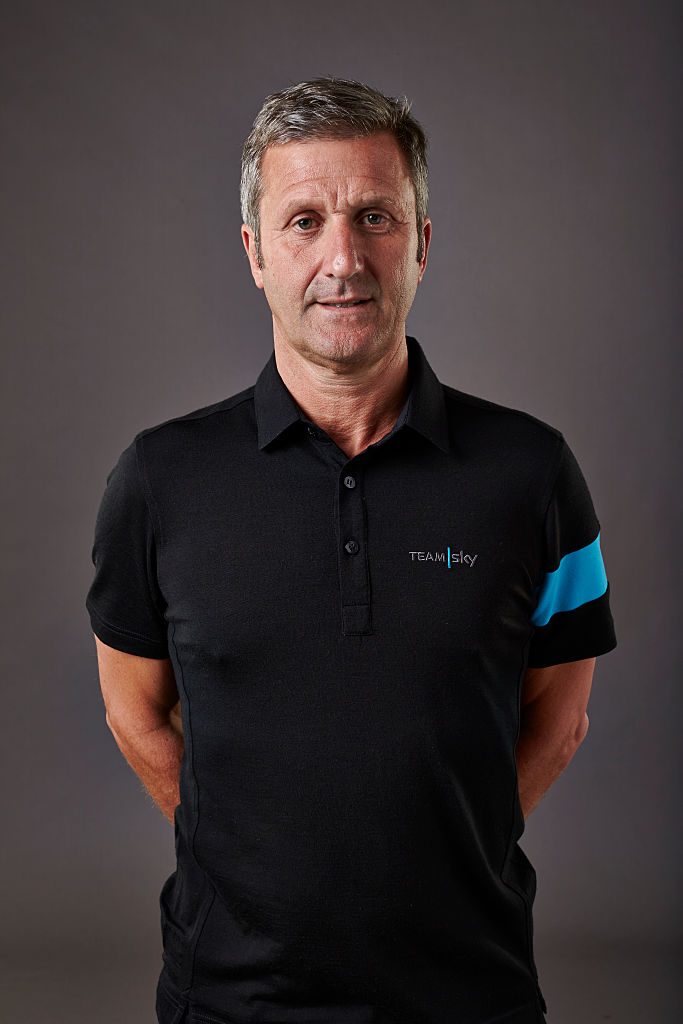
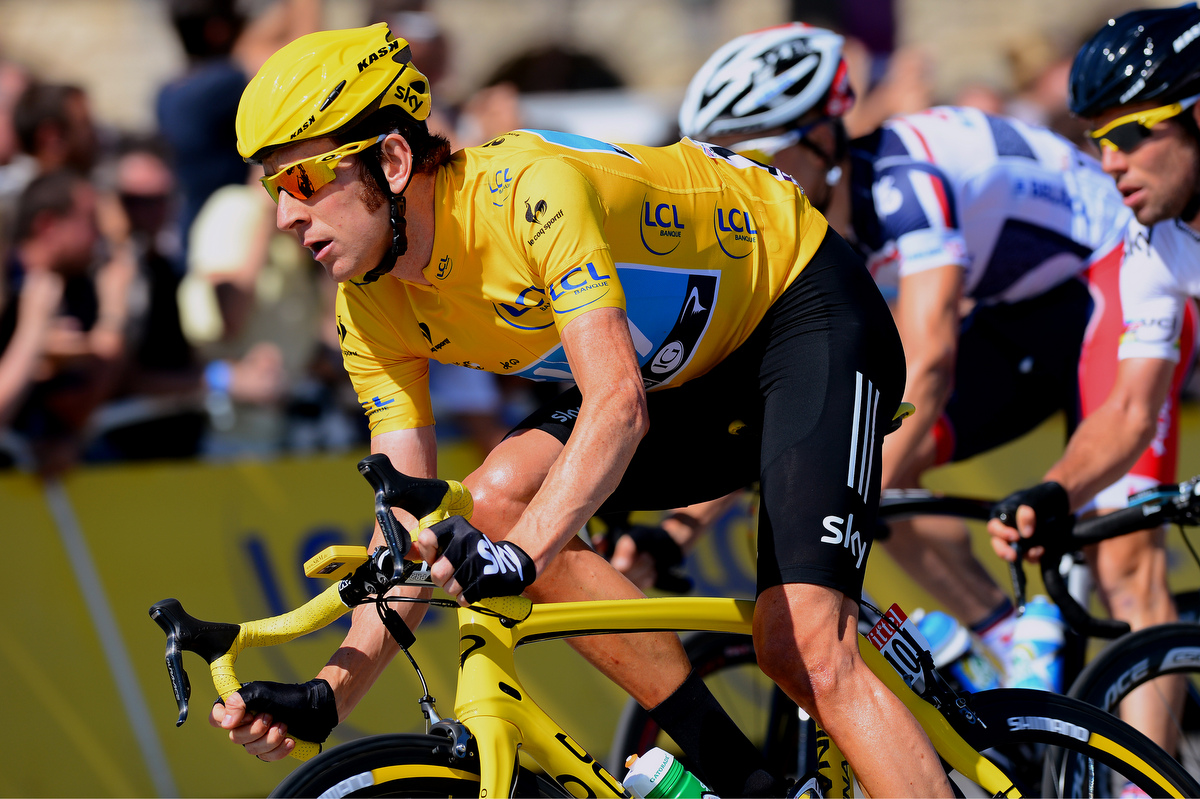
So farewell then, Team Sky. The various incarnations of that elegant jersey will shortly be destined for the great wardrobe in the heavens along with other iconic designs like ONCE, La Vie Claire, Peugeot, TI-Raleigh, and so on back through Molteni and Faema. Whichever side of the 'Marmite Team' divide you inhabit, that jersey will, in my view, remain one of the most distinctive designs of the last 20 years. Remember 'the line'? Love the idea or feel a little churn in the stomach, no one else had dreamed up that one.
There is more to a cycling team's legacy than its jersey. Team Sky will go down in British sporting history as the first UK professional cycling team to achieve sustained success on the European stage, and the first to win the Tour de France. In cycling terms, you can hardly argue with six Tour de France wins in seven years, or the 'Grand Tour Slam' achieved by Chris Froome and Geraint Thomas with the Tour-Vuelta-Giro-Tour wins of 2017-2018.
Traditionalists – I am proud to be one – might carp about a relatively limited all-round record across one-day races. Liège-Bastogne-Liège with Wout Poels and Milan-San Remo with Michal Kwiatkowski is a meagre Monument haul for a team packing Sky's budget, but all WorldTour team managers would give their eyeteeth for a single Tour win. Merely winning a Tour stage justifies a budget for some.
Team Sky, built on Dave Brailsford's so-called 'aggregation of marginal gains', had a mission, and they have become extraordinarily good at it. Six Tour de France wins in seven years stands alongside the best: the teams run by Cyrille Guimard who took the Tour seven times between 1976 and 1984 with Van Impe, Hinault and Fignon.
In landing Ineos as a replacement, Brailsford has achieved something many team bosses fail to do; finding new sponsors is a far bigger test for most team heads than actually winning bike races. Eventually Guimard fell at this hurdle, as did other hugely successful managers such as Giancarlo Ferretti – of Ariostea, MG-GB and Fassa Bortolo – and Bob Stapleton. The latter's struggles to get a new name on the jersey of cycling's most prolific winner of the 21st century, Mark Cavendish, were painful to behold.
Brailsford's detractors may choke on their coffee, but to first snag a backer that remained in place for 10 seasons – Sky – and then replace said backer with another extremely rich company, Ineos, is a triumph. In sport, doing something once is the simpler part; doing it again is tough.
Unfortunately, Brailsford and Team Sky's legacy doesn't end there. The outfit that won all those Tours is a team that had three curiously timed TUEs for one rider, and bought 55 doses of triamcinolone between 2010 and 2013, yet was unable to explain where it all went. A GMC hearing remains pending for its former doctor Richard Freeman over a delivery of testosterone patches that was stated to have been a mistake by a supplier.
The latest race content, interviews, features, reviews and expert buying guides, direct to your inbox!
Taken in isolation, when compared to the murkier moments of recent cycling history, each individual question around Team Sky's past would not be significant. The team has always denied any wrongdoing and none has been proven. However, put end to end and piled one on top of each other, the questions weigh. You could call it the Aggregation of Marginal Doubts. It's strange to think that a team without a single anti-doping infraction to its name could inspire scepticism and dislike in some followers of cycling, but that is the bizarre paradox in the Team Sky story.
Winning the Tour with a British rider was ground-breaking, but so too was being on the receiving end of a Parliamentary select committee report in 2018 that castigated the team's medical practices between 2011 and 2014. We will look at those jerseys when they are hung in that wardrobe and think: nice, but…
Team Sky could have been different. Imagine a team that not only professed to do everything right, but visibly tried to do so in such a kooky, transparent and lovable way that when there was a transgression of some kind – there always is; we are dealing with human beings here – the benefit of the doubt was on their side.
Brailsford could have followed his own rules over team doctors, and Team Sky could have had a zero TUE policy, or a more open one. They could have become mainstays of the Movement for Credible Cycling (MPCC). The cost of one expensive Tour-winning super-domestique could have been channelled into funding a top-level women's team to prove that the team's vision of cycling stretched outside the narrow confines of the Tour de France.
Where would such cuddliness have left Team Sky? Less 'winning' perhaps, but maybe more in tune with the times that cycling wanted and needed.
The notion that victory alone is what you should be judged by – rather than popularity, public image, adherence to the spirit of the rules as well as the letter – was one that this sport had hoped to leave behind. Team Sky was a team that aspired, as of 2013, to become the "most admired" outfit in sport. No one can gainsay their record of success but, in that one, they have fallen short.
